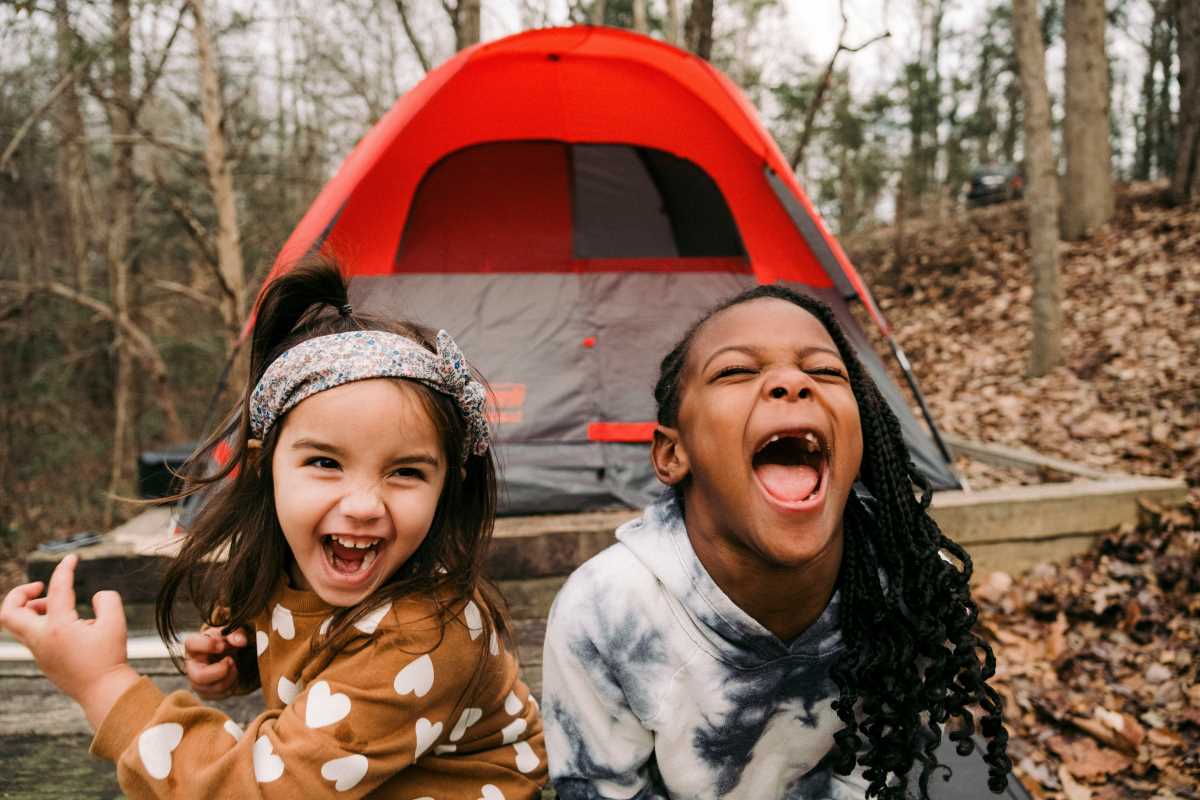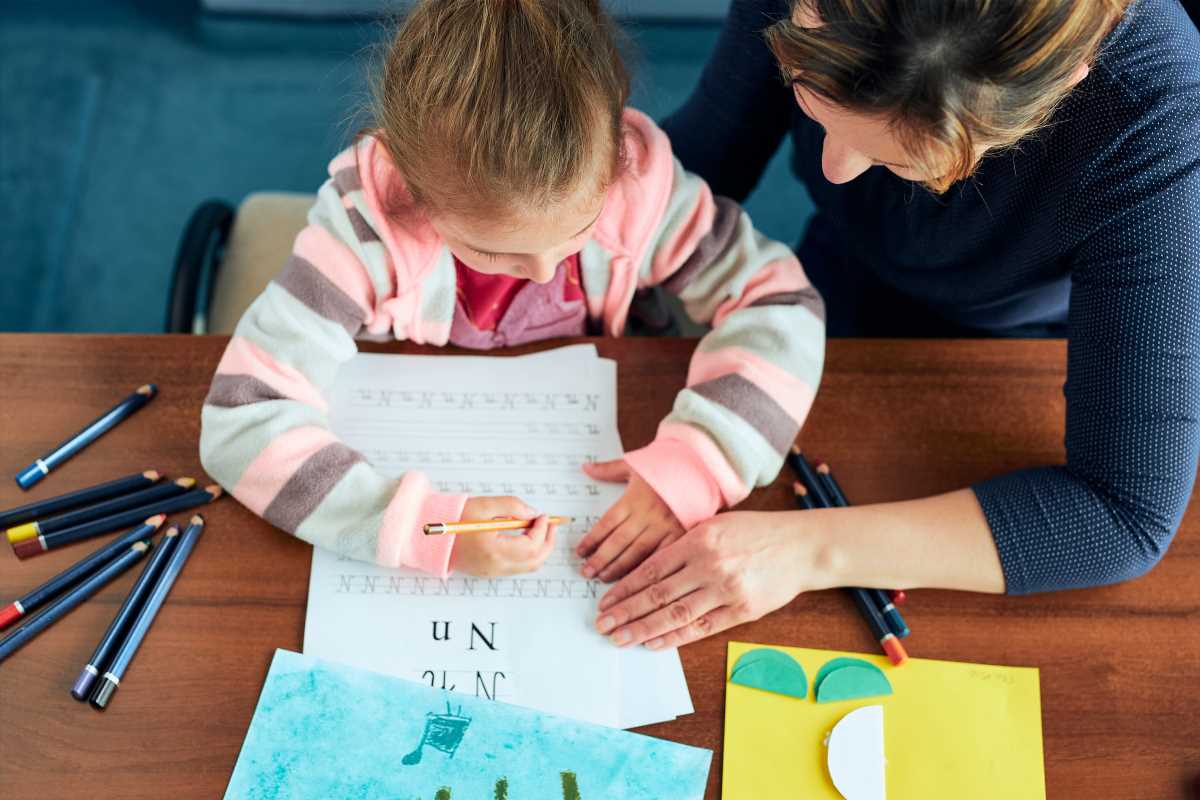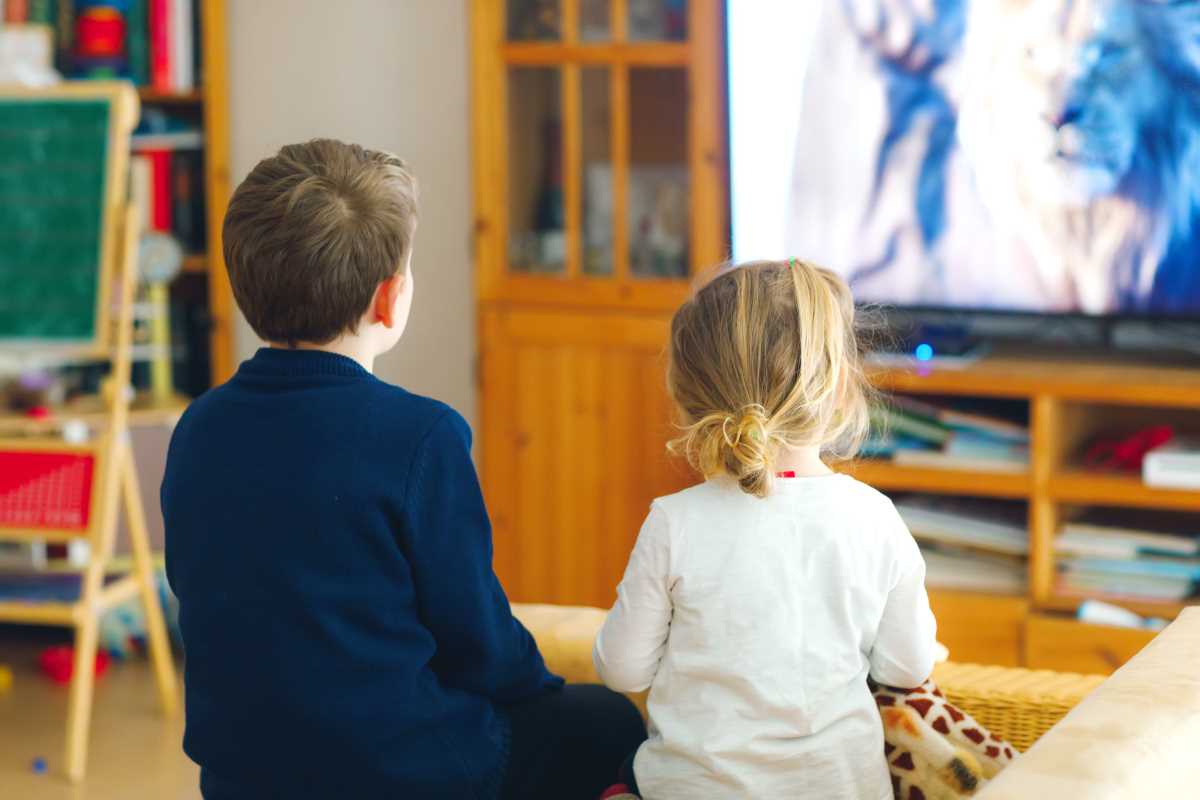Children grow in remarkable ways when they spend time at overnight camp. Many look forward to swapping stories around a campfire or paddling across a peaceful lake at sunrise. Before gathering sleeping bags and labeling gear, parents and guardians need to consider whether a child feels ready for this new adventure. Signs that a camper is prepared often appear in small but important ways, such as showing emotional flexibility, handling daily tasks independently, making friends with ease, and expressing real excitement about spending time away from home. Recognizing these qualities can make the transition to camp smoother for everyone involved.
Observing a child's ability to handle daily tasks and social interactions provides insight into their preparedness. By matching six clear indicators with real-life examples, you can decide when it’s appropriate to let them spread their wings—and perhaps roast a marshmallow or two.
Enthusiasm and Self-Confidence
- They talk about camp schedules as if they already understand them well. A child who lights up when mentioning canoe lessons or drama workshops shows an eagerness that helps them manage unfamiliar situations.
- They volunteer to take the lead during family activities. Maybe they organize a backyard treasure hunt or guide siblings in a kitchen experiment—confidence in small groups often translates into comfort in new environments.
- They recover quickly after making a mistake. If they spill juice or miss a soccer goal, then shrug it off and try again, they demonstrate a self-assured attitude that camp counselors appreciate.
Ability to Handle Basic Self-Care
- They keep track of personal belongings without constant reminders. When your child grabs their own water bottle, lunch box, and homework folder before the school bus arrives, it shows organizational skills.
- They follow hygiene routines independently. Brushing, flossing, showering—if they manage these steps daily with minimal prompting, they’ll handle communal bathrooms and bedside tidying without trouble.
- They perform simple first-aid tasks. A child who knows to clean a scrape, apply a bandage, and alert an adult demonstrates responsibility essential for cabin life.
Strong Social Skills and Peer Interaction
Starting friendships without hesitation indicates an ability to integrate smoothly into a cabin group. When children initiate games at a park or introduce themselves at a new playdate, they display social confidence. Encourage them to start conversations and share personal interests—this practice builds the conversational skills that help them connect at camp.
They also manage disagreements constructively. Kids who can say “I felt upset when…” instead of pushing or screaming show accuracy in emotional expression—a vital skill for counselors guiding group dynamics.
Emotional Regulation and Resilience
Managing homesickness and everyday stress, a resilient child finds ways to comfort themselves. Perhaps they read a favorite book, doodle in a sketchpad, or practice deep breathing after a tough day at school. These calming techniques work wonders when parents are far away.
They recover from disappointment. When tryouts or contests don’t go their way, a child who picks up a practice bat or redraws a broken art project shows grit that will help them handle challenging camp activities and cabin rivalries.
Independence with Daily Routines
- They pack their own bag. If they organize snacks, spare clothes, and a towel without parental checklists, they develop the independence needed for shared cabins.
- They plan simple tasks. A young camper who drafts a morning routine—like dressing, brushing teeth, and grabbing breakfast—shows an ability to operate with minimal guidance.
- They troubleshoot small problems. Whether they find an alternative route home or repair a ripped backpack strap, resourcefulness in everyday life reflects the problem-solving skills required at camp.
Excitement for New Challenges
Genuine readiness appears when a child eagerly embraces unknown tasks. They approach a rock-climbing wall or late-night owl hike with curiosity rather than fear. Their eyes shine at the chance to test themselves in new ways.
They demonstrate a desire to learn new skills. If they ask about archery or horseback riding after reading a camp brochure, they show an open-minded attitude that promotes personal growth well beyond cabin boundaries.
Watching your child succeed step by step bridges the gap between backyard adventures and the unforgettable overnight experience. When these six signs appear, you can confidently trust they will handle new routines, friendships, and challenges independently.
Prepared trunks and marshmallows set the stage for a summer of discovery, laughter, and independence that will inspire future stories.
 (Image via
(Image via





